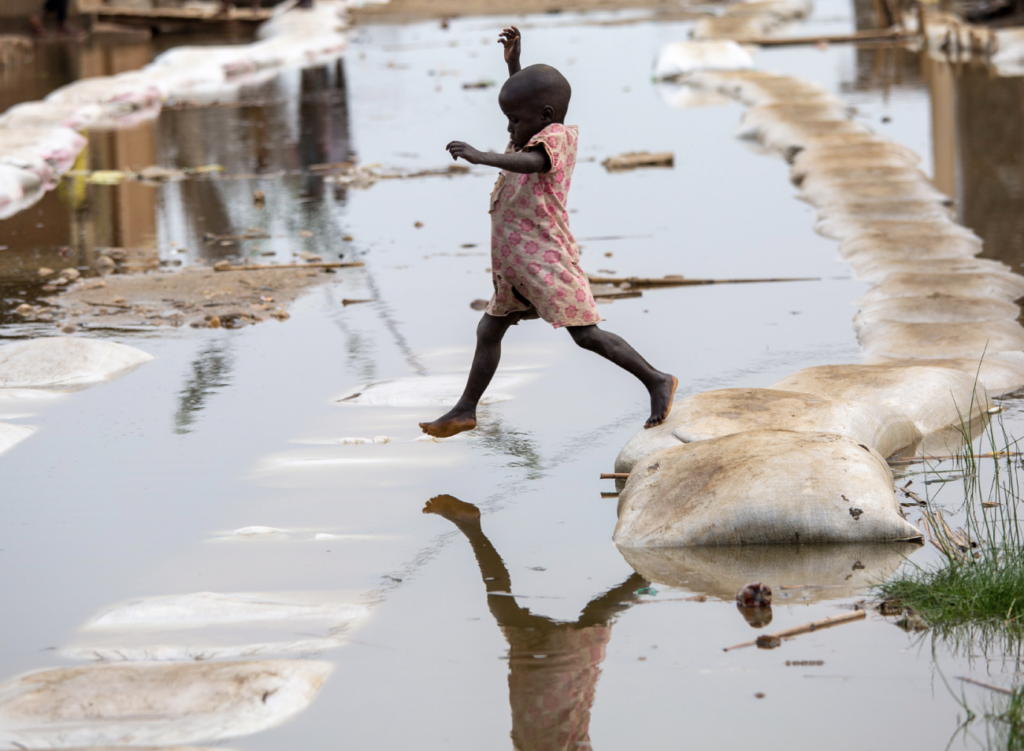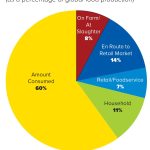
UGANDA’S CHILDREN RISE FOR CLIMATE: THOUSANDS MARCH TO PARLIAMENT DEMANDING ACTION
EcoNews | 13 April 2025 | Kampala, Uganda
In one of the most compelling youth-led climate actions in Uganda’s recent history, over 6,000 children from across the country marched to Parliament on Friday, April 12, to demand stronger environmental protection, sustainable development, and climate justice. Dressed in school uniforms, waving placards and chanting slogans, the pupils marched through the streets of Kampala under the banner of hope, determination, and urgent concern for the future of the planet. Their messages were clear: “Plant More Trees,” “Protect Our Water,” “Conserve Nature,” and “Children Deserve a Livable Planet.”
This powerful march, organized in partnership with the Uganda Parliamentary Forum on Children (UPFC) and several civil society groups, aimed to draw attention to the escalating climate crisis and its disproportionate impact on children. The young marchers called for action on deforestation, pollution, biodiversity loss, and access to clean water — all within the framework of creating a child-friendly, climate-resilient Uganda. Children from every corner of the country — urban and rural, public and private schools — took part in the march. Their demands were rooted in a growing awareness of how environmental degradation is affecting their daily lives. Erratic rainfall, rising temperatures, prolonged droughts, and flooding are now part of the lived experience for many Ugandan families.
“We no longer know when to plant or harvest,” said a teacher from Mbale who accompanied his pupils. “Children are missing school due to floods. They are growing up in an uncertain world.”
Speaking to the marchers, 13-year-old Nabirye Joan from Jinja, a Primary Seven pupil, emphasized the importance of their voices being heard. “Children are not just victims of climate change — we are witnesses and warriors. We may be small, but our voices are strong,” she said.
Uganda is one of the countries most vulnerable to climate change in East Africa. Forest cover has declined significantly over the last two decades, and wetlands — crucial for water purification and biodiversity — have been steadily encroached upon. According to environmental campaigner Joseph Masembe, Uganda lost more than 37,600 hectares of natural forest in 2023 alone. This destruction, he warned, resulted in over 44 million tonnes of CO₂ emissions, severely affecting the country’s ability to combat global warming.
“Forests are not just carbon sinks,” Masembe said. “They are sources of rainfall, livelihood, biodiversity, and life. If we lose them, we lose everything.” He emphasized that children, particularly in poor and rural communities, are among the most affected by the climate crisis — yet they are often left out of decision-making processes.
The march culminated at Uganda’s Parliament, where the pupils were officially received by Members of Parliament and key officials from the Ministry of Water and Environment. The symbolic arrival at the nation’s legislative heart underscored the children’s demand for policy-driven solutions rather than symbolic commitments. Hon. Sarah Opendi, Chairperson of the UPFC, hailed the children’s courage and clarity.
“What we are seeing today is a generation that refuses to be silent about its future,” she said. “As lawmakers, we must match their courage with action.” She pledged that Parliament would continue to advocate for child-centered climate policies, increase investments in environmental education, and ensure that Uganda meets its international climate obligations.
Among the key demands presented by the pupils were massive national tree-planting efforts, especially in schools and communities; stricter enforcement of laws against deforestation and wetland degradation; access to safe, clean drinking water for every child, particularly in climate-stressed regions; integration of environmental education into the national curriculum; and greater inclusion of youth in climate planning and implementation.
“We want trees, not talk,” read one hand-painted placard. Another simply said, “No Nature, No Future.” The children also emphasized the need to protect endangered species and Uganda’s rich biodiversity. “The animals in our national parks are part of our heritage,” said 12-year-old Peter Okello from Gulu. “We must save them, just like we want to save ourselves.”
Uganda has made notable commitments under the Paris Agreement and has developed a Nationally Determined Contribution (NDC) aimed at reducing emissions and building climate resilience. However, implementation has often been underfunded or delayed. Environmental activists at the event urged the government to move beyond policy rhetoric and embrace implementation.
“The time for declarations is over. The future of these children is being shaped by the choices we make today,” said a representative from the Climate Action Network Uganda.
The children’s march is the latest example of growing youth activism around climate issues in Uganda, building on the global momentum sparked by figures like Greta Thunberg. It reflects a shift in climate dialogue — one where young voices are no longer seen as symbolic, but strategic. Their action received praise across social media, with hashtags like #ChildrenForClimateUG and #GreenFutureNow trending nationwide.
Organizers say this is just the beginning. Plans are underway to hold more community-based campaigns, tree-planting drives in schools, and dialogues between children and policymakers. As Parliament returns to its legislative calendar, the country will be watching: Will the voices of 6,000 children echo through the corridors of power — or fade into the background? For Uganda’s youth, the message is clear: They are no longer waiting for adults to lead. They are already marching forward.



